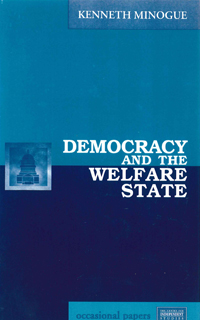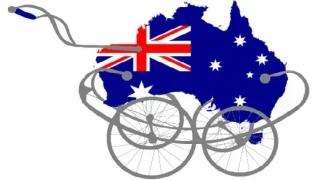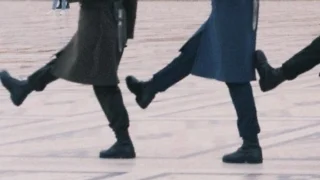
The welfare state has now been experienced by several generations. In this Occasional Paper, Professor Kenneth Minogue looks at some of its effects on the character of Western states and societies.
The early Western state was thought of as an association of independent individuals, but the welfare state sees individuals in terms of things they need but do not have. In subtle ways, people are treated less like adults and more like children.
As the welfare state does more for people, they have fewer opportunities to learn the skills of the independent citizen or practice the virtues of a moral, choosing person.
The rise of the welfare state was due partly to democratic pressures, but as the ideas and incentives surrounding it change there may be some democratic pressure to reduce the scale of the welfare state.











